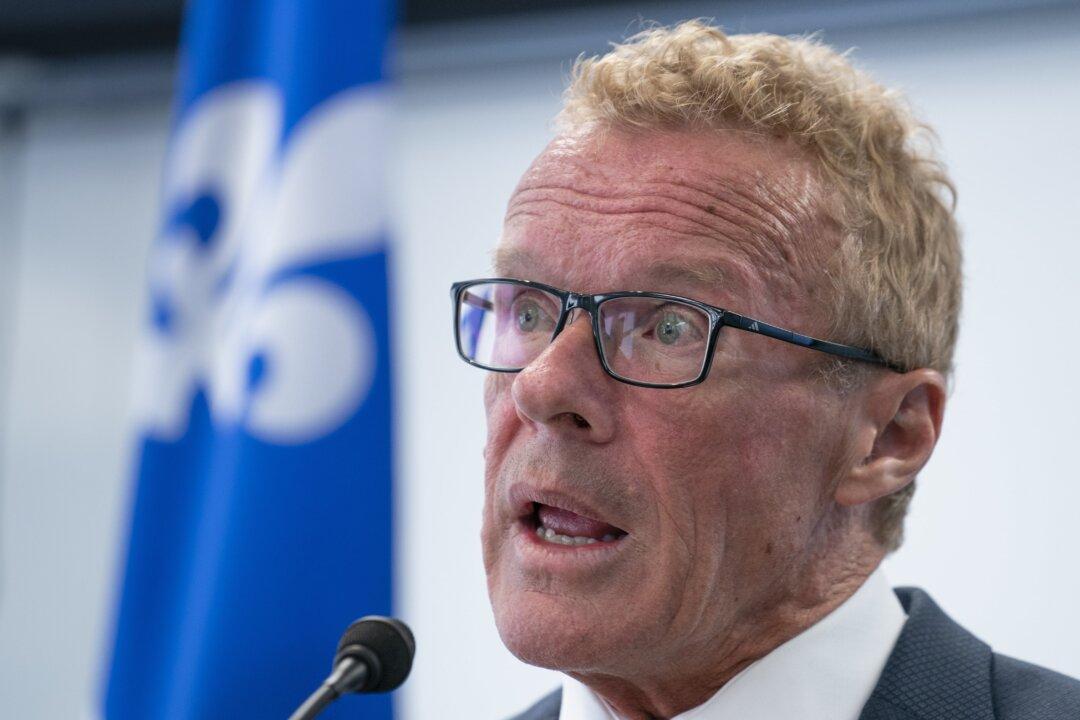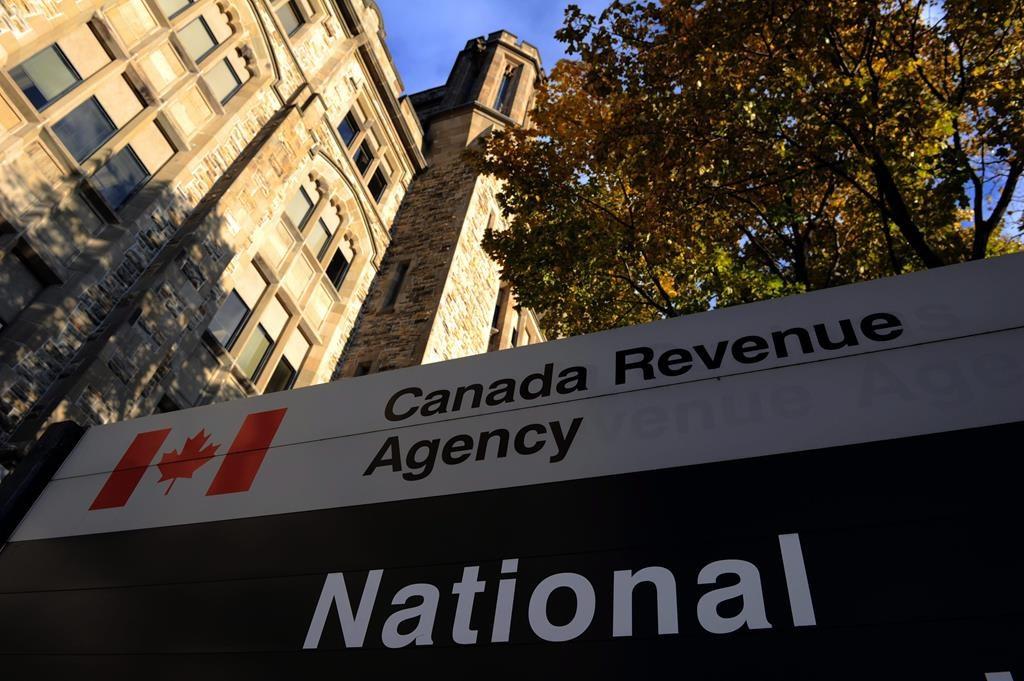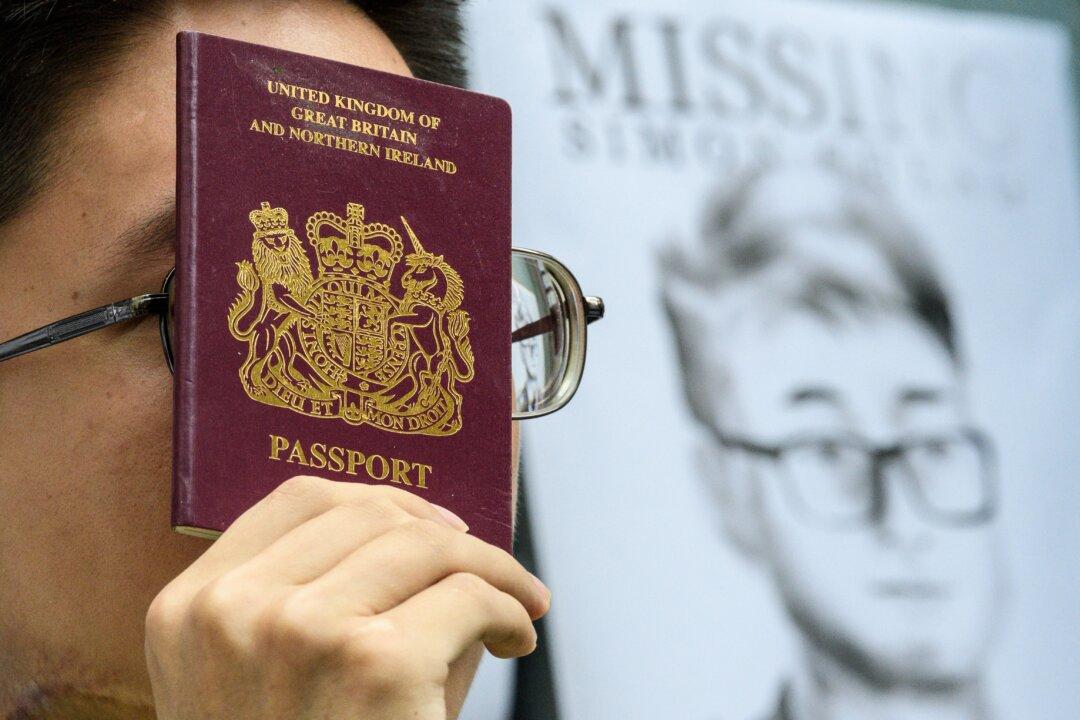The Quebec government is investing $21 million into a plan that helps private businesses recruit temporary foreign workers, in an attempt to tackle the province’s growing labour shortage.
Quebec Labour Minister Jean Boulet made the announcement at a news conference in Montreal on Monday. He said that the money will be used to subsidize recruitment systems and cover expenses employers rack up while recruiting overseas, as well as include up to $1,000 in financial aid to ease each foreign worker’s relocation process.




